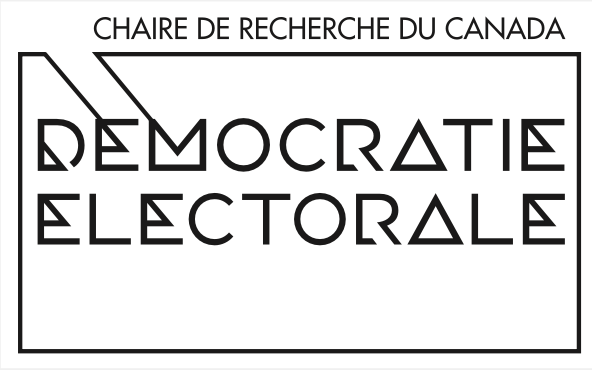Multidimensional Party Competition and Out-Partisan Hostility
Semih Cakir-University of Vienna and Markus Wagner-University of Vienna
Hostility towards supporters of opposing political parties has been a subject of considerable scholarly attention. Existing research suggests that elite ideological polarization is key determinant of out-partisan dislike. However, the impact of party behavior in a multidimensional political space is not yet fully understood. While studies suggest that party polarization on social and economic dimensions might differently influence feelings towards out-partisans, it remains unclear under which conditions party extremity on one dimension exerts a more pronounced influence than the other, or if party extremity on different dimensions reinforces or mitigates each other’s impact. This paper presents a theoretical framework that bridges both party- and citizen-level factors to explain how party position extremity affects dislike towards out-partisans in a multidimensional political space. Using novel survey data from 12 countries combined with the Global Party Survey, we find that party extremity on both social and economic dimensions leads to stronger dislike toward out-party supporters. At the party level, we show that the salience of a dimension to the party and the level of party unity on that dimension influence this relationship. At the citizen level, we test whether the salience of a dimension to the citizen and the citizen’s ideological position relative to the party moderate the effect of party extremity but find no support for these arguments. Overall, our findings we suggest that party behavior is a key driver of dislike towards supporters of opposing parties.

This content has been updated on 19 September 2024 at 7 h 44 min.
Comments